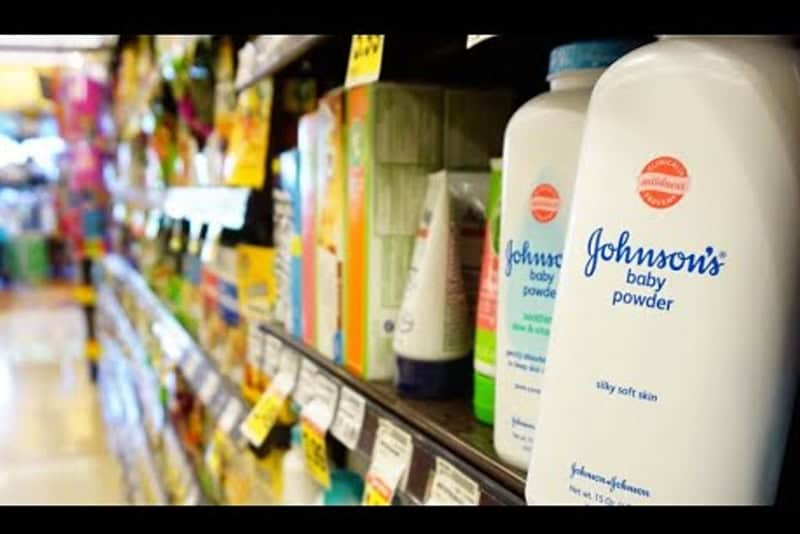NEW DELHI: Multi-national company Johnson & Johnson is under scrutiny again.
Drug regulators Central Drugs Standard Control Organization (CDSCO) and local Food and Drug Administration (FDA) officials have visited a few of Johnson and Johnson facilities and collected tests and samples, said the organisation on Wednesday.
“Today, a few of our facilities were visited by the CDSCO and local FDA authorities and we are fully cooperating with them by providing tests and samples,” it said in a statement.
The white bottle containing baby powder under scanner after reports of the talcum powder to contained traces of asbestos, a carcinogenic.
A recent report by Reuters titled ‘Johnson & Johnson knew for decades that asbestos lurked in its Baby Powder’ had contained cancer-causing asbestos. The organisation has denied the accusation and stated that the product does not contain the substance.
“We have scientific evidence to prove that our talcum powder is safe and beneficial to use. We unequivocally stand by the safety of our products, are fully compliant with regulatory standards and requirements in India and will continue to work with the regulatory authorities,” it added.
[also_read url=”https://archive.siasat.com/news/johnson-johnson-pay-4-69-bn-damages-baby-powder-lawsuit-1380382/”]Johnson & Johnson to pay $4.69 bn in damages in baby powder lawsuit[/also_read]
A spokesperson for J&J said that FDA and CDSCO had earlier confirmed that their products comply with the Indian standards and are free of asbestos.
“It is important to understand that the safety of cosmetic talc is based on a long history of safe use and decades of research and clinical evidence by independent researchers and scientific review boards across the world,” the spokesperson said.
The shares of Johnson & Johnson plummeted and the company lost close to $50 billion in market value after the Reuters report was published, CNBC reported.
According to Livemint, the Maharashtra Food and Drug Administration in 2013 cancelled the licence of the company’s facility following 160,000 packets of the talc had been sterilised at another plant using ethylene oxide, another carcinogenic.
“The facility where they sent the powder was not licensed to treat powder. The company was charged for multiple violations and their licence was cancelled, facility shut for three months after which they went to the court and got the relief,” Mahesh Zagade, former FDA commissioner of Maharashtra told the business daily.
With agency inputs

